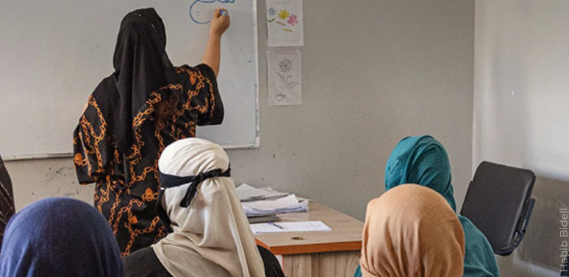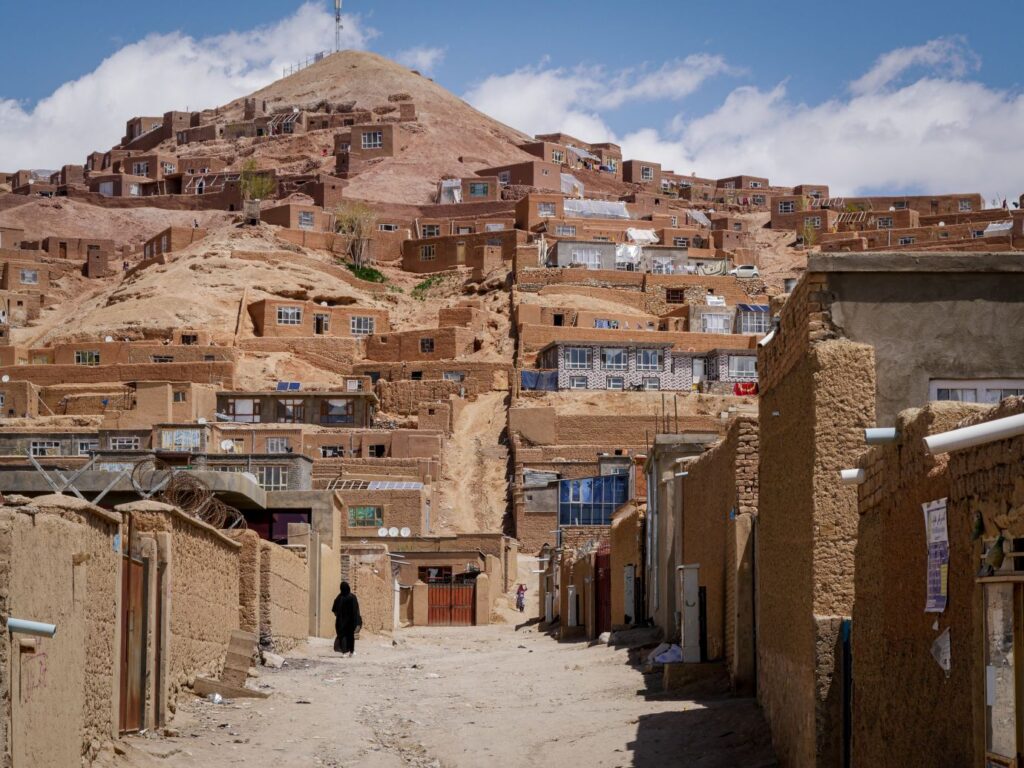It has now been four years since the Taliban took over Afghanistan. Since then, the UN has documented numerous accounts of violence, intimidations and public lashings by the militant group.
Most of these violations have been laid on women and girls.
UN Women says with each new restriction, women are being erased in a human rights crisis affecting 21 million women.
Even more worrying is that these oppressions are being normalised with families and communities also now enforcing severe morality laws.
Girls around the age of 13 are banned from secondary school and women are not allowed at universities – creating a generation who will be left behind.
This is projected to increase child marriage by 25 per cent and maternal mortality by at least 50 per cent by next year.
There are grave fears over gender-based violence – with organisations like the UN unable to safely gather data.
Support and services for survivors have also drastically been reduced.
The dismantling of the Ministry of Women’s Affairs and legislation to prosecute gendered-violence mean options are extremely limited for victims of abuse.
A “terrible” Taliban deal
In 2020, under the leadership of US President Donald Trump and later former president Joe Biden, US troops were withdrawn from what the White House described as “America’s longest war”.
The war instigated by the US, had been running since 2001 after the 9/11 terror attacks.
In 2020, Trump negotiated a deal with the Taliban that is seen by many as a failure.
In line with the deal, 5000 Taliban soldiers were freed with the agreement that the group stop terrorist organisations from operating in Afghanistan.

War Studies expert Philip A Berry summed it up in The Conversation with these words from a former Pentagon official:
“This was a terrible deal. It was deeply injurious to US interests, let alone ruinous to Afghan interests.”
The Trump administration would go on to pull US troops out even while the Taliban brought al-Qaeda terrorists into its leadership and attacked the Afghan government’s forces.
“In the end, the Taliban failed to honour its counterterrorism commitments, and only half-heartedly pursued intra-Afghan talks,” Berry says.
Fast-forward to today and the Taliban have now been running the country for several years and day by day, women are disappearing – their voices, their dreams, their hopes, their humanity.
Women resisting oppression
Despite unimaginable barriers, UN Women is finding that Afghan women are somehow figuring out ways to build community, run businesses and deliver services or aid to other women.
They’re also bravely documenting human rights abuses on the ground.
“Through these daily acts of resilience and courage, Afghan women show they have not given up – and demand that we do not either,” a UN Women spokesperson says.


